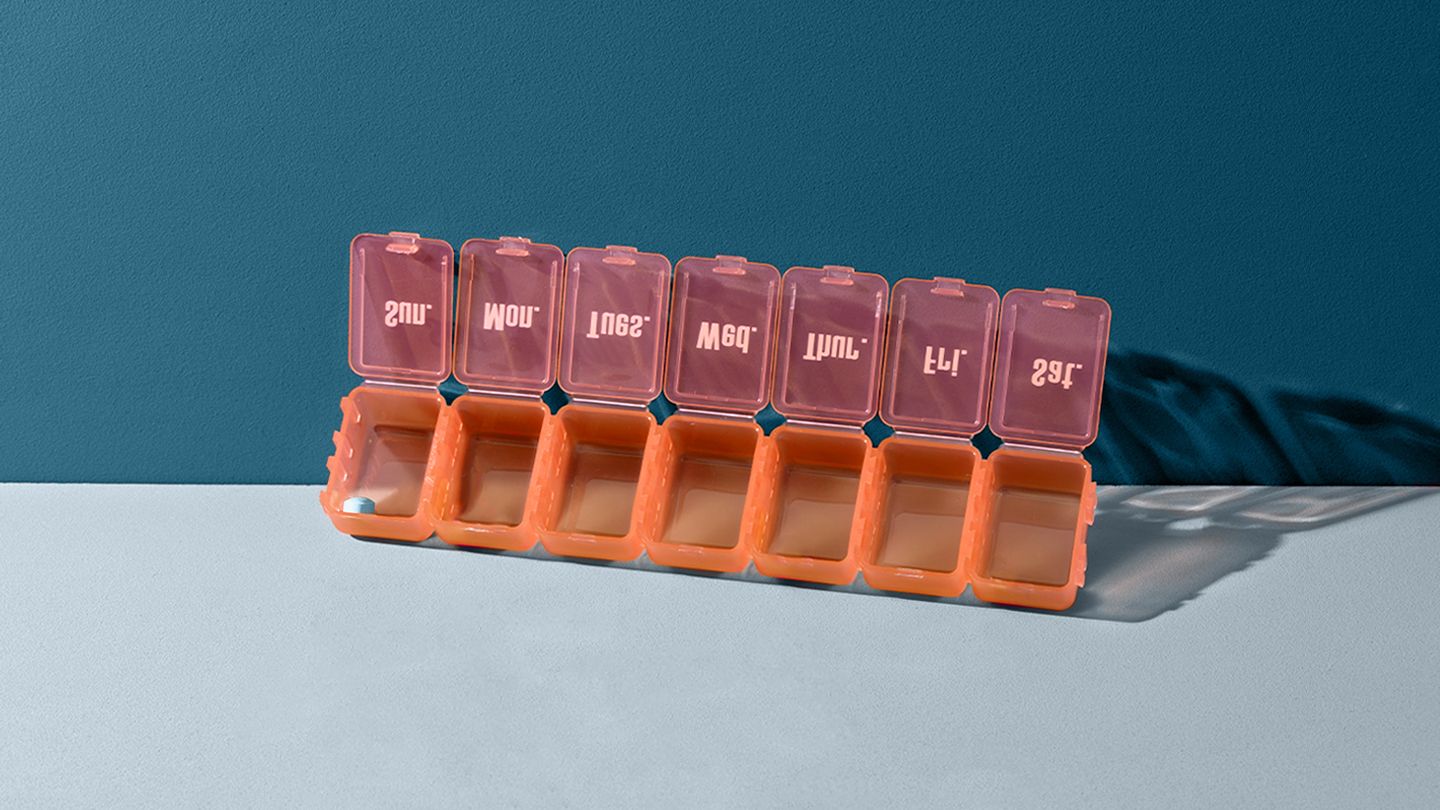Understanding the Adderall Shortage
The Adderall shortage began in late 2019, when the U.S. Food and Drug Administration (FDA) announced a shortage of the immediate-release (IR) version of the medication. Since then, the shortage has expanded to include various dosages and formulations of both IR and extended-release (XR) Adderall, as well as generic versions of the drug.
The reasons behind the shortage are multifaceted. Increased demand for ADHD medications, manufacturing issues, and supply chain disruptions have all contributed to the lack of available Adderall. Additionally, the COVID-19 pandemic exacerbated existing problems, leading to further disruptions in production and distribution.
Increased Demand for ADHD Medications
One of the primary drivers of the Adderall shortage has been the growing number of individuals diagnosed with ADHD. According to the Centers for Disease Control and Prevention (CDC), the number of children diagnosed with ADHD in the United States has risen significantly over the past two decades. This increase in diagnoses has led to a corresponding surge in demand for ADHD medications, including Adderall.
Manufacturing and Supply Chain Issues
Manufacturing challenges and supply chain disruptions have also played a significant role in the Adderall shortage. The production of Adderall and other ADHD medications is a complex process, and even minor hiccups in the manufacturing process can lead to shortages. Additionally, the pharmaceutical industry has faced broader supply chain issues, with raw materials, packaging, and transportation all facing potential bottlenecks.
COVID-19 Pandemic Disruptions
The COVID-19 pandemic has exacerbated existing challenges, leading to further disruptions in the production and distribution of Adderall and other medications. Social distancing measures, lockdowns, and workforce shortages have all contributed to the ongoing shortage, making it even more difficult for manufacturers to meet the growing demand for ADHD medications.
Managing ADHD Symptoms Without Adderall
If you're struggling to obtain your usual Adderall prescription due to the shortage, it's essential to work closely with your healthcare provider to explore alternative treatment options. While there's no one-size-fits-all solution, there are several strategies that can help you manage your ADHD symptoms until the shortage is resolved.
Explore Alternatives to Adderall
Your healthcare provider may suggest trying a different ADHD medication, such as methylphenidate (Ritalin, Concerta) or dexmethylphenidate (Focalin). These medications work similarly to Adderall but may be more readily available during the shortage. It's important to discuss the potential benefits, side effects, and risks of any new medication with your healthcare provider before making a switch.
Consider Non-Pharmacological Treatments
In addition to medication, there are various non-pharmacological treatments that can help manage ADHD symptoms. Cognitive-behavioral therapy (CBT), mindfulness techniques, and lifestyle modifications (such as regular exercise, healthy eating habits, and proper sleep hygiene) can all play a role in improving focus, concentration, and impulse control.
Implement Coping Strategies
While you're navigating the Adderall shortage, it's essential to develop coping strategies to help you manage your ADHD symptoms. Consider creating a structured daily routine, using organizational tools and techniques (such as to-do lists, calendars, and reminders), and finding ways to minimize distractions in your environment. Additionally, building a support network of family, friends, and healthcare professionals can help you stay motivated and accountable.
Looking Ahead: What's Next for the Adderall Shortage?
While the Adderall shortage has persisted for over two years, there are signs that the situation may be improving. In late 2022, the FDA announced that some manufacturers had resumed production of certain Adderall formulations, leading to increased availability in certain regions.
However, it's important to note that the shortage is not yet fully resolved, and supply issues may continue to fluctuate. As the demand for ADHD medications remains high, and manufacturing challenges persist, it's likely that the shortage may continue to some extent in the near future.
Advocacy and Awareness
As patients and healthcare providers grapple with the ongoing Adderall shortage, advocacy and awareness efforts have become increasingly important. Patient advocacy groups, healthcare organizations, and government agencies are working to raise awareness about the shortage, advocate for policy changes to address supply chain issues, and support individuals affected by the lack of available medication.
Alternative Medications and Treatment Options
In response to the shortage, researchers and pharmaceutical companies are also exploring alternative ADHD medications and treatment options. New formulations, delivery methods, and drug combinations are being studied as potential solutions to the shortage and to provide more choices for individuals with ADHD.
Improved Supply Chain Management
Addressing the root causes of the Adderall shortage will require improvements in supply chain management within the pharmaceutical industry. Manufacturers and regulators are working to identify and address vulnerabilities in the production and distribution of ADHD medications, with the goal of ensuring a more stable and reliable supply in the future.
While the Adderall shortage has been a challenging situation for individuals with ADHD and their healthcare providers, it has also highlighted the importance of developing resilient healthcare systems and exploring alternative treatment options. By working together, patients, healthcare providers, advocacy groups, and industry stakeholders can help mitigate the impact of the shortage and pave the way for a more sustainable and accessible approach to managing ADHD.
FAQs
What is causing the Adderall shortage?
The Adderall shortage is primarily due to increased demand for ADHD medications, manufacturing issues, and supply chain disruptions. The COVID-19 pandemic has also exacerbated these problems, leading to further shortages.
How long has the Adderall shortage been going on?
The Adderall shortage began in late 2019 when the FDA announced a shortage of the immediate-release (IR) version of the medication. Since then, the shortage has expanded to include various dosages and formulations of both IR and extended-release (XR) Adderall, as well as generic versions of the drug.
What can I do if I can't get my Adderall prescription?
If you're unable to obtain your usual Adderall prescription due to the shortage, work closely with your healthcare provider to explore alternative ADHD medications, such as methylphenidate or dexmethylphenidate. Additionally, consider non-pharmacological treatments like cognitive-behavioral therapy, mindfulness techniques, and lifestyle modifications. Developing coping strategies, such as creating a structured routine and minimizing distractions, can also help manage ADHD symptoms.
Disclaimer: This article is for informational purposes only and does not constitute medical advice. Always consult with a healthcare professional before starting any new treatment regimen.
Related Coverage
Find essential info on Daytrana interactions, covering risky drug combos, alcohol, caffeine, and health conditions for safe use....
While some parents restrict red dye from the diets of kids with autism to help symptoms, conclusive proof of a causative link remains lacking even as animal studies raise concerns....
Research shows PMDD and ADHD commonly co-occur in women due to overlapping symptoms, brain changes, genetics, and hormone fluctuations that worsen both conditions....
Learn effective strategies to help your child with ADHD succeed academically and behaviorally at school. Tips cover working with teachers, home routines, organization and more....
With Adderall shortages causing access issues, many patients are changing to Vyvanse instead. Learn proper transition guidelines between these ADD/ADHD medications....
Adderall requires a prescription and is illegal for recreational use, but when taken as directed for ADHD it is FDA-approved and legal under federal regulations....
When an ADHD child refuses schoolwork, it often stems from struggles to focus, follow instructions, and handle the demands of school. With support at home and accommodations at school, they can overcome avoidance....
The Adderall shortage has made getting medication difficult. Here's what to do about alternatives, prescription options, lifestyle changes for managing ADHD....
Hormonal shifts in menopause can amplify ADHD challenges; learn practical strategies for meds, HRT, sleep, and daily routines....
ADHD paralysis and depression can feel similar but are different. Learn how to tell ADHD paralysis vs depression apart and find effective support....








